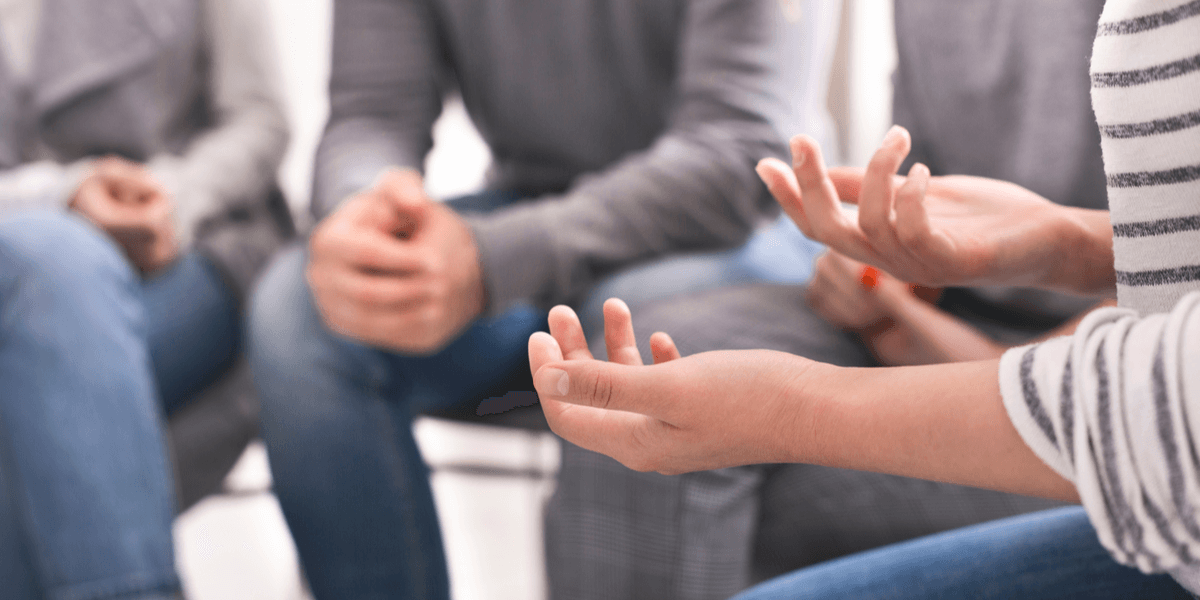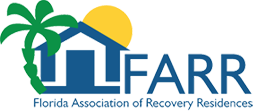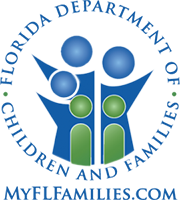How AA and NA Support Long Term Success in Recovery
Alcoholics Anonymous and Narcotics Anonymous have long been used to provide support, empathy, understanding, and connection for those in recovery. According to a study recently conducted by the University of Michigan’s Substance Abuse Research Center, those who attend AA are two times more likely to abstain from alcohol in recovery than those who do not. The study also found that the more meetings a person attends the more likely they are to have success in recovery.
AA and NA meetings can be either discussion-based, where attendees have the opportunity to share their stories or concerns they currently have, or there can be guest speakers that present topics relevant to recovery. Regardless of the format of the meeting, they are intended to provide a place where you can grow, heal, and find a sense of community.
Benefits of Connecting with a Recovery Community After Recovery
You’ve heard the expression, “it takes a village to raise a child,” well the same can be said for those in recovery. Having adequate support and surrounding yourself with like-minded individuals is so important, especially in early recovery. Psychologists identify a sense of belonging and love as basic human needs, so it is crucial to find a place that provides both. Connection with others who have experienced similar struggles and life experiences can provide a sense of solidarity and motivation to continue working hard in recovery.
You may be feeling lost and alone after completing an addiction treatment program or you may have cut ties with a lot of your friends who are still engaging in unhealthy behaviors, so support groups offer a safe place for you to meet people who value recovery. Connecting with people in your support group can decrease negative thought patterns often associated with feelings of isolation and low self-esteem. Connecting with your peers also improves your mood and releases endorphins that create happiness.
Find AA and NA Meetings in Philadelphia
10 At 10 30 Group
-
-
- Old First Reformed United Church of Christ, 151 North Fourth Street Philadelphia, PA
- Saturdays, 11:30am-12:30pm
- This location offers both online and in-person meetings.
-
12 & 12 Philadelphia
-
-
- Mediator Lutheran Church, 2832 North 28th Street Philadelphia, PA
- Tuesdays, 8:00pm-9:30pm
- Big Book
- Wheelchair Access
- Fridays, 8:00-9:30pm
- Step Meeting
- Wheelchair Access
-
16 de Noviembre
-
-
- Christ & St. Ambrose Episcopal Church, 608 West Venango Street Philadelphia, PA
- Meetings daily, 7:30-8:30 pm
- Spanish speaking
-
1776 Philadelphia
-
-
- Magee Rehabilitation Hospital, 1513 Race Street Philadelphia, PA
- Tuesdays, 8:00-9:00pm
- Step Meetings
- Wheelchair access
-
8 AM Solution
-
-
- Bright Hope Baptist Church, 1201 Cecil B. Moore Avenue Philadelphia, PA
- Fridays, 7:00-8:00pm
- Speaker
- Wheelchair Access
-
A Way Out Group Philadelphia
-
-
- Memorial Church of St. Luke, 1946 Welsh Road Philadelphia, PA
- Mondays 7:30-8:30pm
- Big Book
-
Acceptance Philadelphia
-
-
- Trinity Center for Urban Life, 2212 Spruce Street Philadelphia, PA
- Fridays, 7:30-8:30pm
- LGBTQ
-
Back to Life
-
- Gloria Dei Old Swedes Episcopal Church, 916 South Swanson Street Philadelphia, PA
- Thursdays, 11:00am-12:00pm
- Discussion
- Wheelchair access
- Tailored to women
If you would like more information on the impact AA or NA meetings can have on your lasting recovery, or if you would like information about addiction treatment, please call the knowledgeable addiction treatment specialists at The Source at (800) 204-0418 or visit their website at www.thesourceaddictiontreatmentcenter.com.


 The Source quite frankly saved my life and got me back on track, never giving giving up on me. When you are thinking about and looking through all of the different places to go for treatment this is the one that should stand out from the rest.
The Source quite frankly saved my life and got me back on track, never giving giving up on me. When you are thinking about and looking through all of the different places to go for treatment this is the one that should stand out from the rest.




























